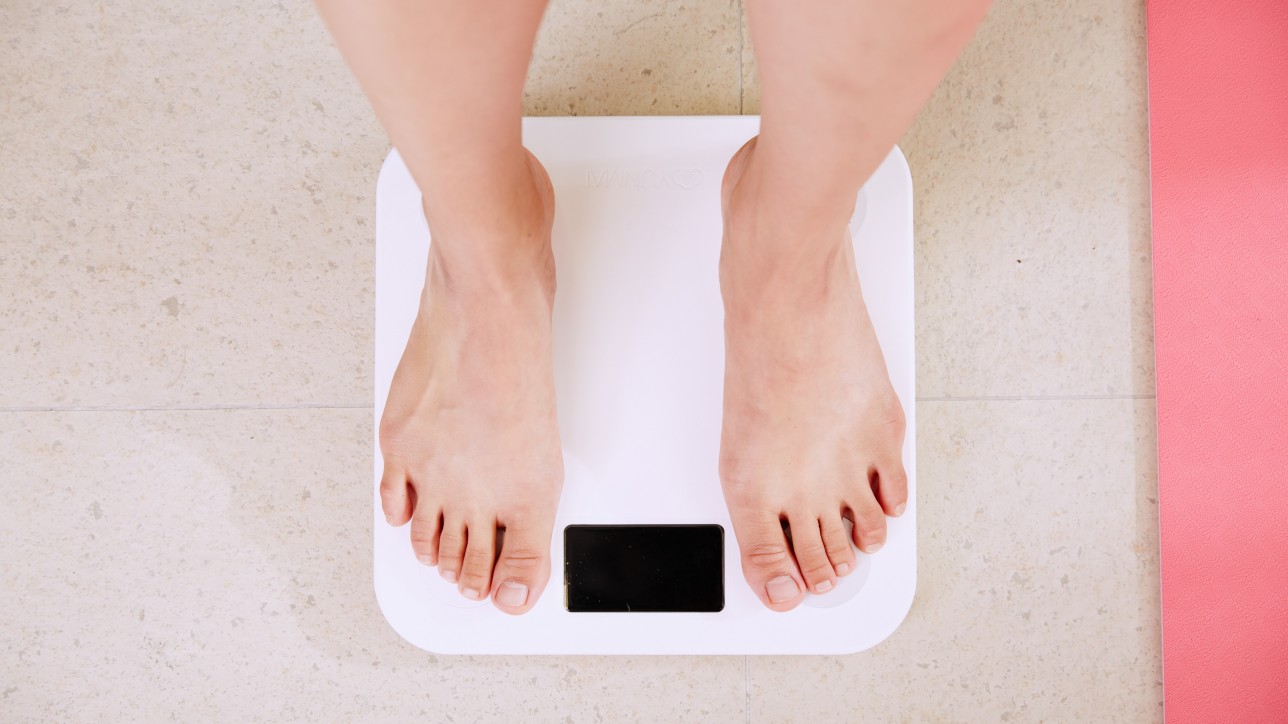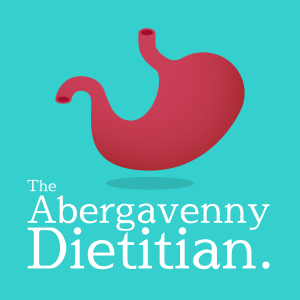2020 feels momentous. It’s not only the start of a new year, but a new decade. As we say goodbye to the 2010s, many of us are looking to shed those pounds once and for all. If you look for advice on what works and what doesn’t, read on! Here are five diet strategies to avoid in 2020.
1. Losing weight by avoiding carbs
Carbohydrates (starchy foods such as rice, pasta, bread, breakfast cereals and potatoes) still seem to be the bad guys of the nutrition world for a lot of people. Consequently, people cut them out of the diet and substitute them with other foods (high protein diets and high-fat, low-carb diets are often fashionable). There are several problems with this.
- Firstly, carbohydrates and proteins both contain around 4 kcals per gram, so switching from one food group to another will not result in a reduction in kcals. Yes – protein will keep you feeling fuller for longer than sugary foods but this problem is avoided if you choose whole-grain carbohydrates such as granary bread, wholemeal pasta and whole oats.
- Secondly, fats contain 9 kcals per gram, so choosing fats over carbohydrates will result in a higher-kcal diet overall.
- Thirdly, excluding carbohydrates often means that we miss out on important fibre and “B” vitamins, as well as struggle to keep our blood sugar levels stable.
2. Clean eating diets
I feel really sorry for people who spend a lot of time and money on switching to foods that they perceive to be “really healthy” and then can’t understand why they don’t loose weight.
For instance, I saw a patient recently who had swapped his two Weetabix and semi-skimmed milk in the morning for a fresh “smoothie” containing almond milk, chia seeds, a handful of oats, a banana and a pile of different berries. Although the smoothie was rich in nutrients, it was probably a good 150kcals more than his original breakfast!
Remember, the word “healthy” is pretty vague. It can mean low-salt, high-fibre, full of vitamins, low in artificial additives, or nothing in particular at all … what it DOESN’T necessarily mean is “low calorie”!
3. Juice diets
This leads on from the point above. It sounds great … cutting out all the junk food and living on fresh fruit and vegetables has got to be good, right?
However – remember fruit contains a lot of natural sugars. These are good for you in small amounts, but juices can contain surprisingly large quantities.
For example, we would rarely sit down and eat a banana, an orange and half a punnet of strawberries in one sitting – but a glass of juice can easily contain this. For that reason, juices can be surprisingly high in calories. Also, because they don’t require any chewing, they don’t send the same messages of satisfaction to the brain and so do not keep us feeling full very long. They can also be low in protein – again, making us feel hungry again quite quickly.
4. Vegan or vegetarian diets (for weight loss)
Of course I’m not trying to deny the many benefits – both for the body and for the environment – of a plant-based diet, and I’m as keen as anyone that we should all be including more vegetables in our diet on a daily basis.
However, just cutting animal products out of the diet does not necessarily make it healthy and certainly doesn’t make it lower-calorie!
For example, coconut oil, cheese and nuts are all high-fat (and therefore high-calorie) foods. Many plant-based “treat foods” also contain lots of sugar in the form of date syrup, coconut sugar etc. A nut/cheese-based vegetarian burger and a soya dessert is likely to contain MORE calories than a chicken breast and a standard low-fat yogurt, just as an example.
5. Anything involving a “detox” product!
As one of my colleagues pointed out on her social media feed this week … your liver (and kidneys) are there to rid your body of toxins. All these “detox products” do is rid your wallet of cash! AVOID.
How to lose weight safely
It is true that there are many different styles of healthy eating out there, and we all need to find one that suits our own lifestyle. But, the hard truth is, the only way to lose weight is to burn off more calories that we eat …… so eat fewer calories (that is, less energy in), or move around more (more energy out) – or preferably both!
But we ALSO need to bear in mind that we need to reduce our calorie intake whilst also getting all the nutrients we need for health. It’s certainly possible to create an energy deficit on nothing but two chocolate bars a day but it doesn’t take a Dietitian to work out that that’s not going to do anyone any favours after the first couple of days!!
Of course – not all of us want to lose weight. For some of us, our priority is to reduce unpleasant gut symptoms, to gain weight, or some other goal. If you feel you need individual advice then please give me a call.
Here’s to a happy and healthy 2020!
Disclaimer: All content found on this website, including images, videos, infographics and text were created solely for informational purposes. This content should never be used for the purpose of diagnosis or treatment of any medical conditions. Content shared on my website is not meant to be used as a substitute for advice from a regulated medical professional. Reliance on the information provided on my website as a basis for patient treatment is solely at your own risk. I urge all my customers to always consult a doctor or a regulated medical professional before implementing any of the advice found on these blogs.


